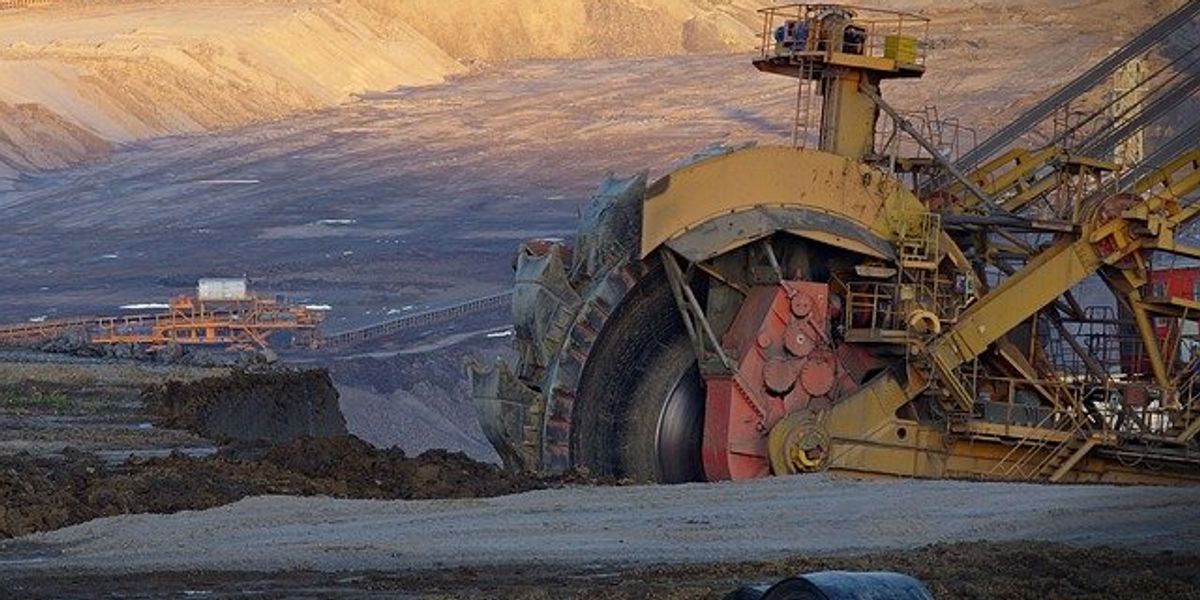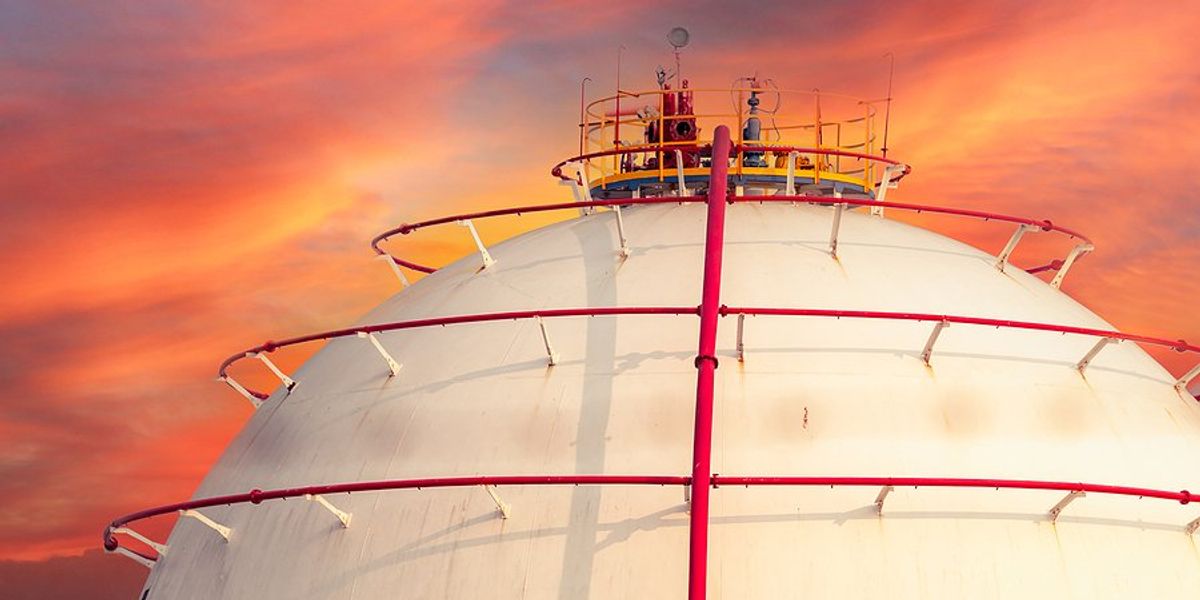pacific islands
Big polluters must cut emissions or risk global catastrophe, says UN chief
The UN Secretary-General António Guterres warned at the Pacific Island Forum that without drastic emission cuts by major polluters, the world faces a looming climate disaster.
In short:
- The Pacific region is particularly vulnerable to the effects of climate change, including rising sea levels and ocean acidification.
- Guterres emphasized the unfair burden on Pacific islands, which contribute little to climate change yet face its harshest consequences.
- Australia’s continued reliance on fossil fuels was criticized, highlighting the global need for urgent emission reductions.
Key quote:
“The sea is taking the heat—literally.”
— António Guterres, UN Secretary-General
Why this matters:
Pacific Island nations, though least responsible for climate change, are most at risk. Their survival depends on global actions to curb emissions and address climate injustices.
Related EHN coverage:
Great Salt Lake dust harms Pacific Islanders and Hispanics
Research from the University of Utah shows that Pacific Islanders and Hispanics are most affected by dust from the Great Salt Lake's exposed bed, highlighting the environmental justice issue in the region.
In short:
- The Great Salt Lake’s drying has left 800 square miles of exposed bed, causing harmful dust exposure.
- During wind events, PM2.5 levels spike to 26 μg/m3, exceeding the WHO threshold of 15 μg/m3.
- Restoring the lake could reduce disparities in dust exposure among racial and ethnic groups.
Key quote:
“People here in Utah are concerned about the lake for a variety of reasons... this study adds environmental justice and the equity implications of the drying lake to the conversation.”
— Sara Grineski, professor of sociology and environmental studies at the University of Utah
Why this matters:
As the Great Salt Lake continues to recede, largely due to prolonged drought and water diversion for agriculture and urban use, vast swaths of the lake bed are left exposed. These areas become significant sources of dust, which can carry harmful pollutants and particulate matter into the air. Pacific Islander and Hispanic populations, often residing in areas closer to these exposed regions, face higher health risks from dust exposure, leading to respiratory issues and other health complications that can worsen existing disparities.
Biden's ocean conservation plan excludes some Indigenous voices
President Biden's plan to expand the Pacific Remote Islands Marine National Monument overlooks the perspectives of Micronesians and Samoans, according to a new study.
In short:
- Biden's proposal aims to expand protected waters to 770,000 square miles and designate it as a national marine sanctuary, creating the largest non-contiguous protected ocean area in the world.
- While the administration has talked extensively with Native Hawaiians, Indigenous Pacific Islanders, particularly Micronesians and Samoans, feel excluded from decision-making processes and economic benefits, a new paper reveals.
- Authors Villagomez and Steven Mana’oakamai Johnson argue for inclusive policies and funding to support affected territories.
Key quote:
"The proposal is problematic because it has failed to meaningfully include the Indigenous people who live closest to the region and who have the strongest historical and cultural ties to the islands."
— Angelo Villagomez, senior fellow at the Center for American Progress and Steven Mana’oakamai Johnson, Department of Natural Resources and the Environment at Cornell University.
Why this matters:
The expansion of this marine protected area could have significant environmental benefits, such as preserving biodiversity, protecting endangered species and mitigating climate change impacts. In the context of accelerating climate change and biodiversity loss, protecting such vast ocean spaces is crucial. However, for generations, Micronesians and Samoans have sustainably managed these waters, relying on a profound understanding of local ecosystems passed down through centuries. Excluding their input not only risks cultural erasure but also overlooks practical conservation insights rooted in lived experience.
Bees helping remote Pacific communities in fight against climate change
Pacific ire at Australia's backing for fossil fuels
Representatives of the Pacific Islands expressed dismay on Thursday at Australia's subsidies for fossil fuels, flagging climate concerns as a point of friction between the neighbouring nations.
Cynthia Houniuhi: Why I’m leading Pacific Islands students in the fight on climate change
United Nations adopts landmark resolution on climate justice
A UN resolution was adopted on Wednesday that should make it easier to hold polluting countries legally accountable for failing to tackle the climate emergency, in a vote which was hailed as a historic victory for climate justice.



















